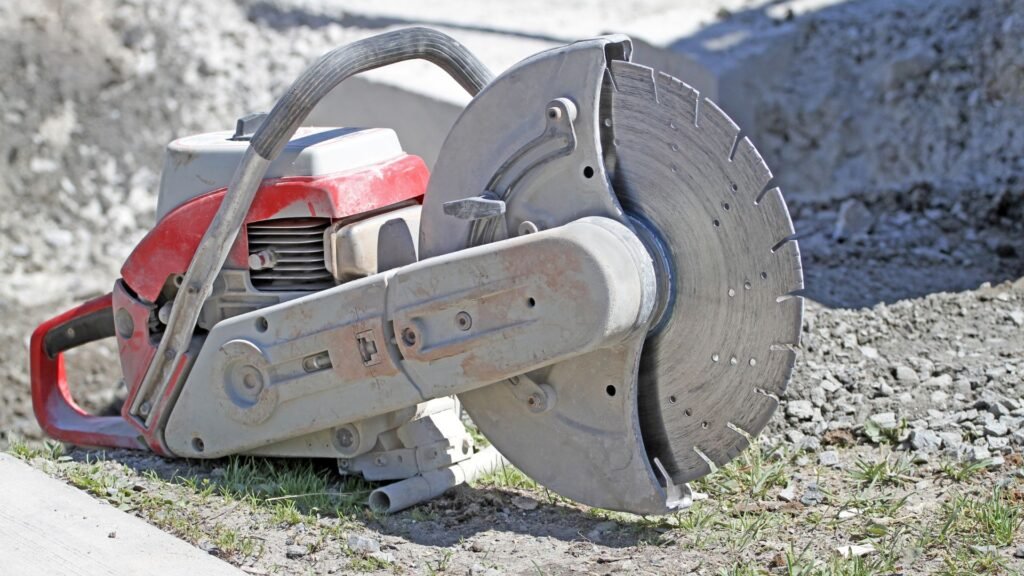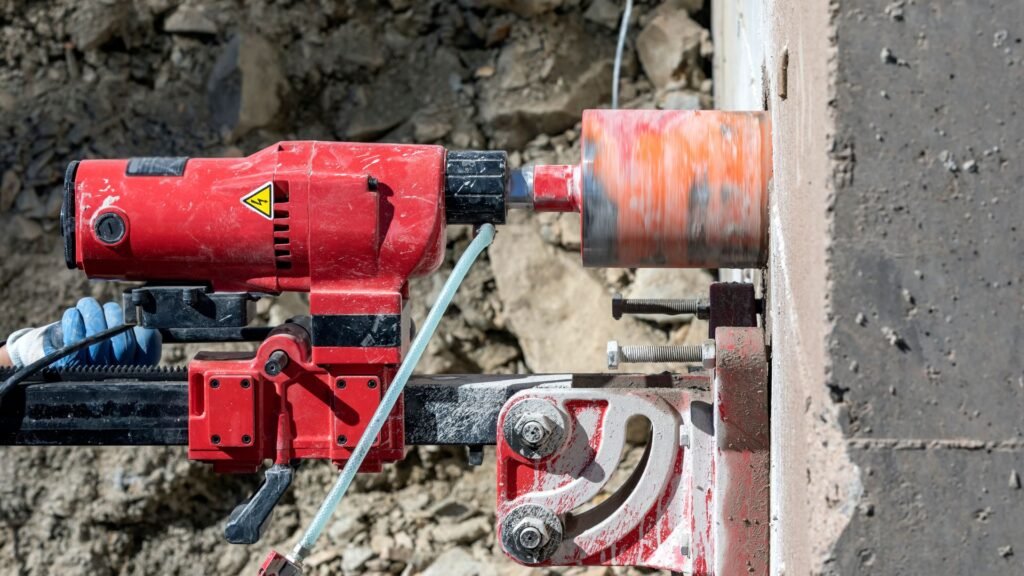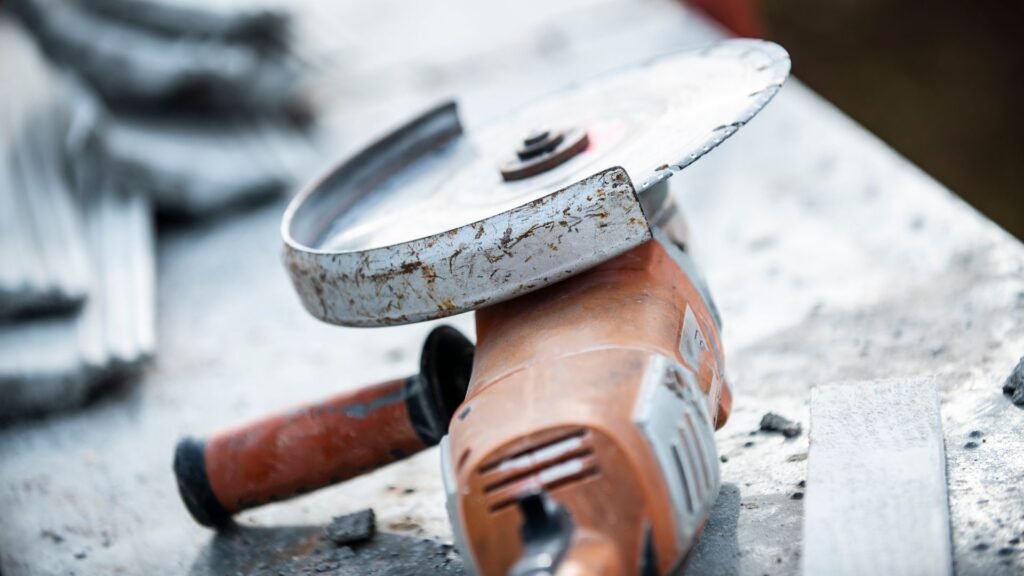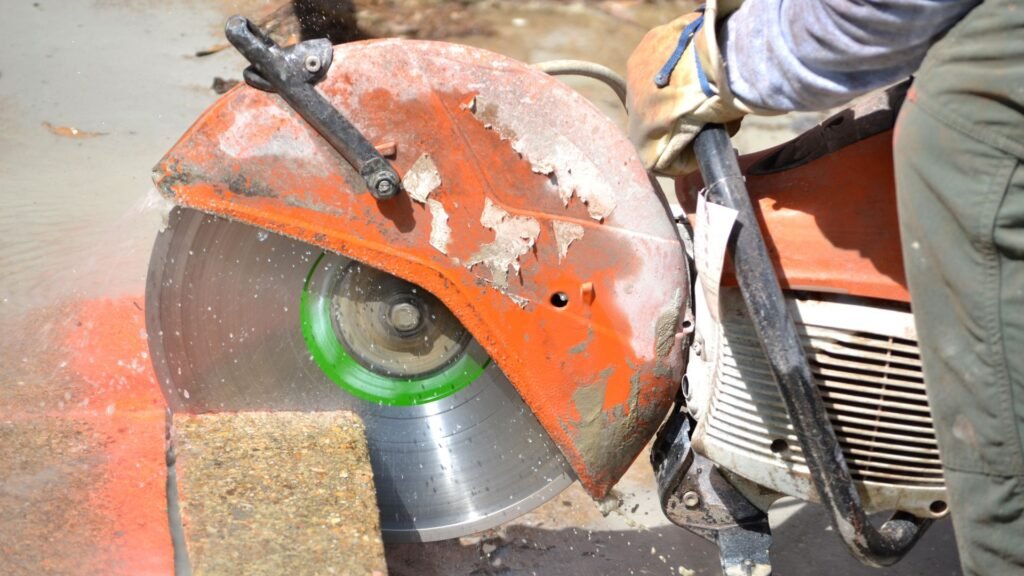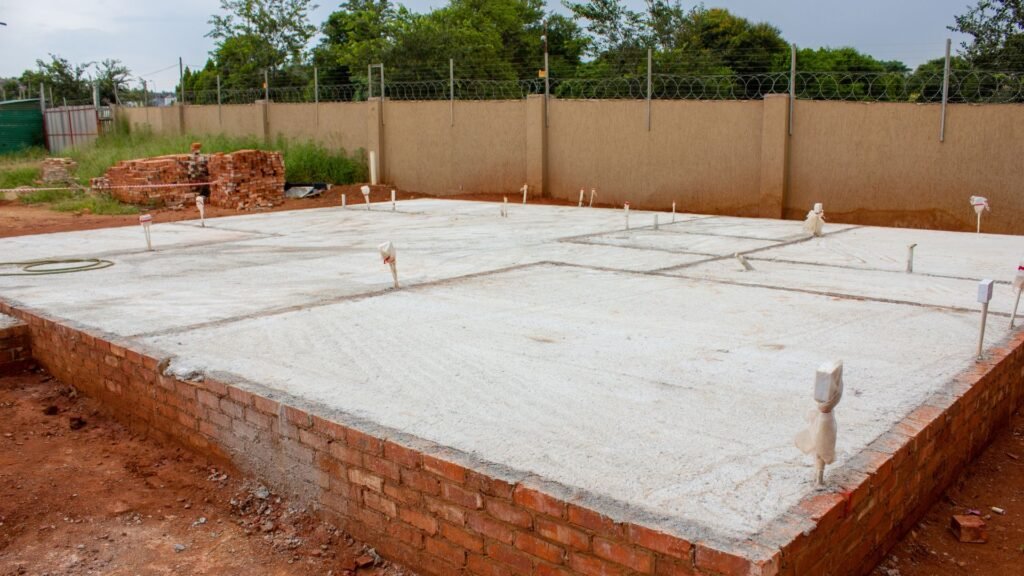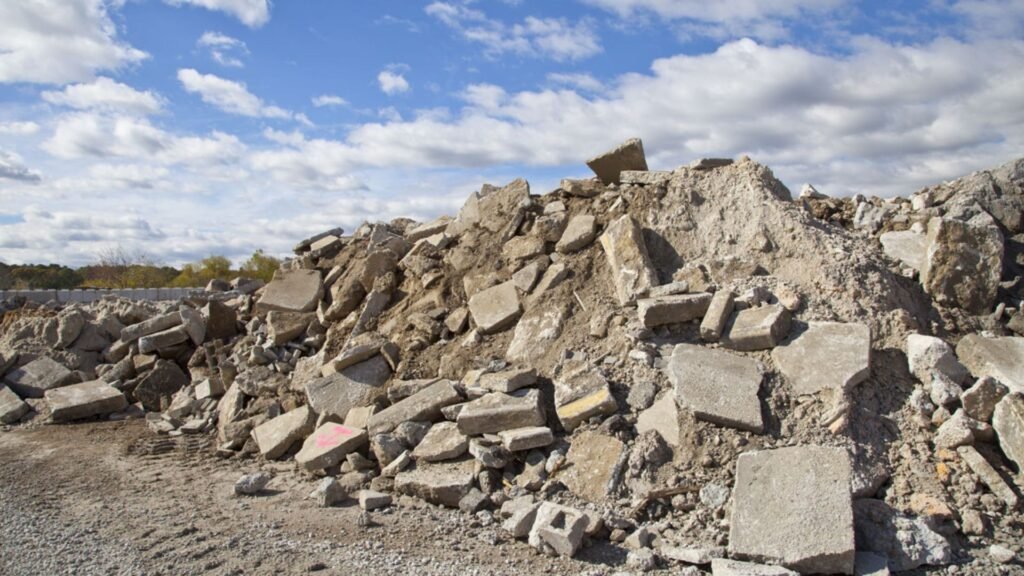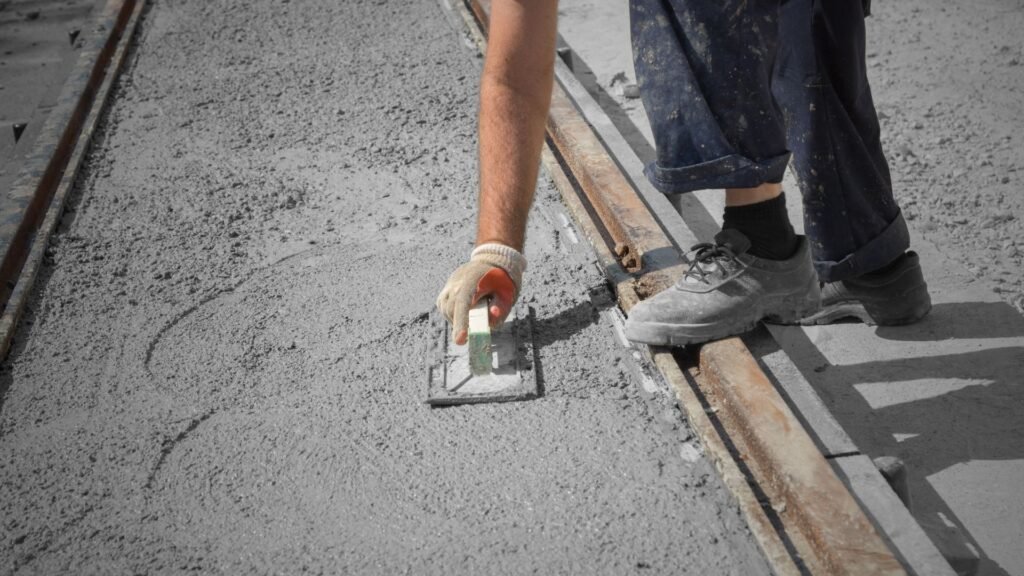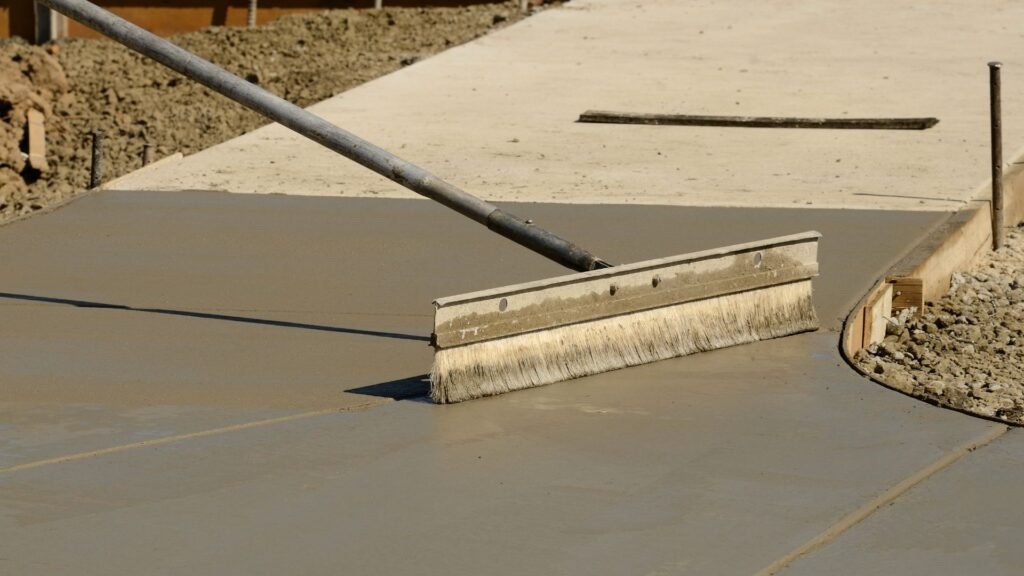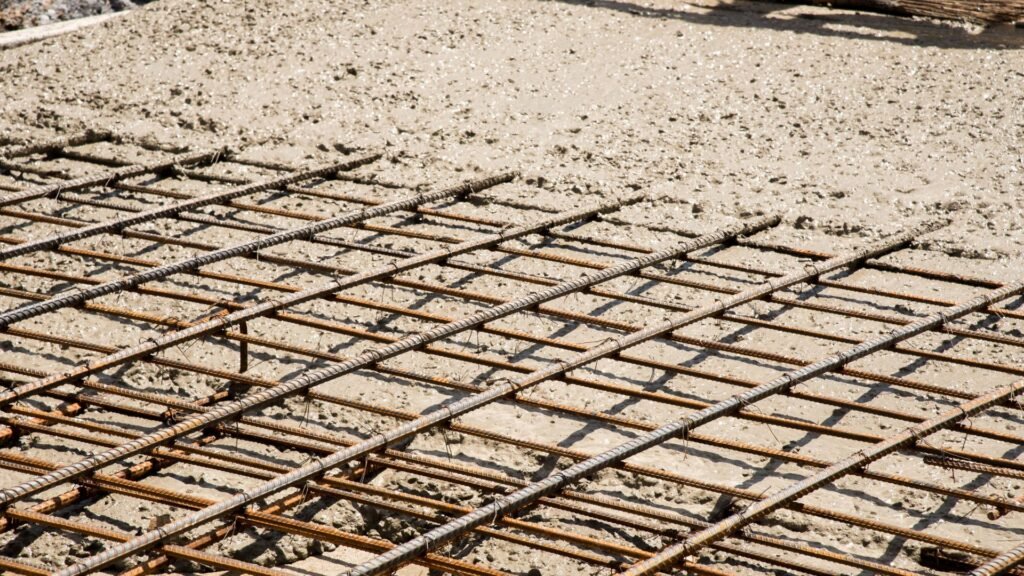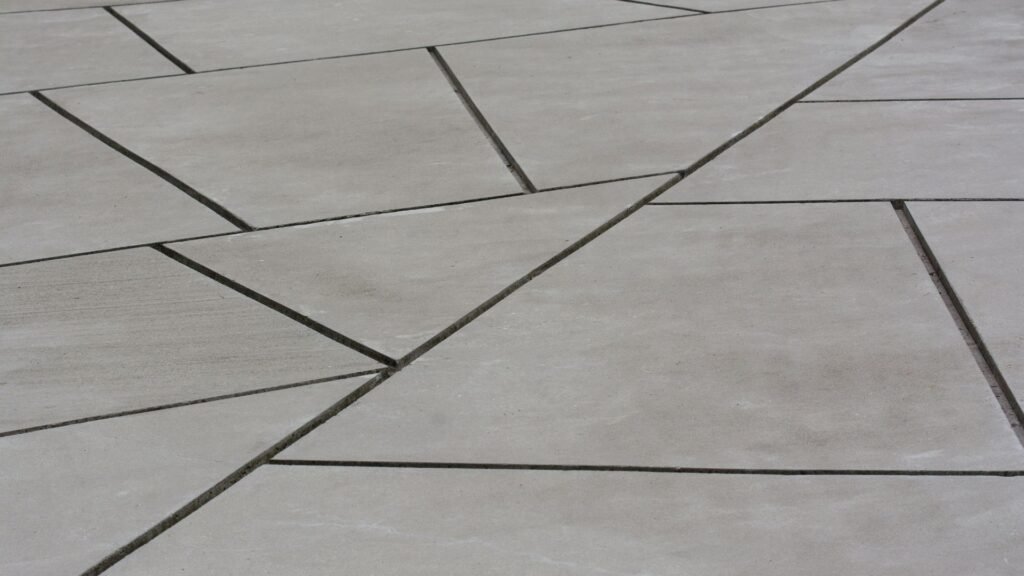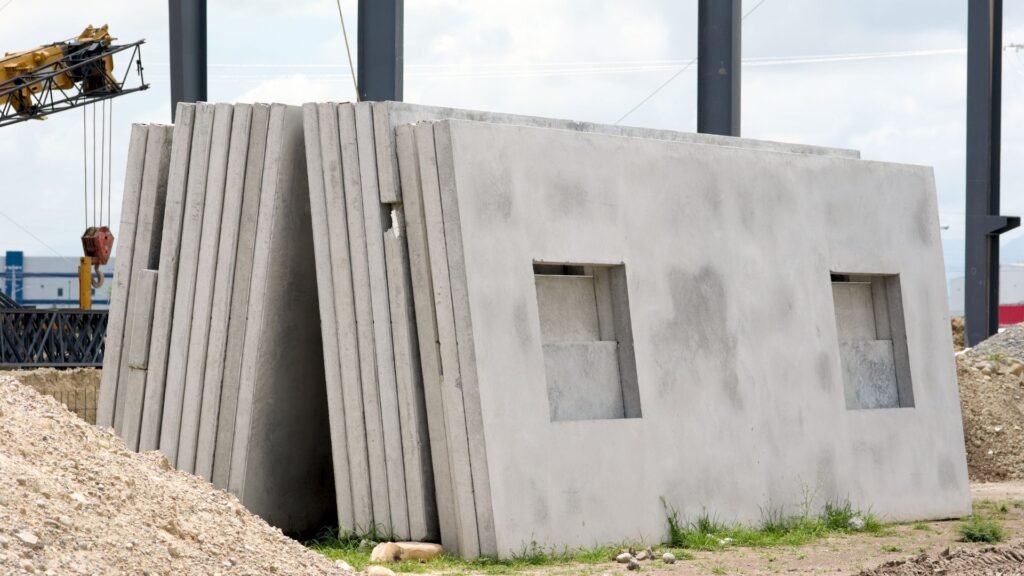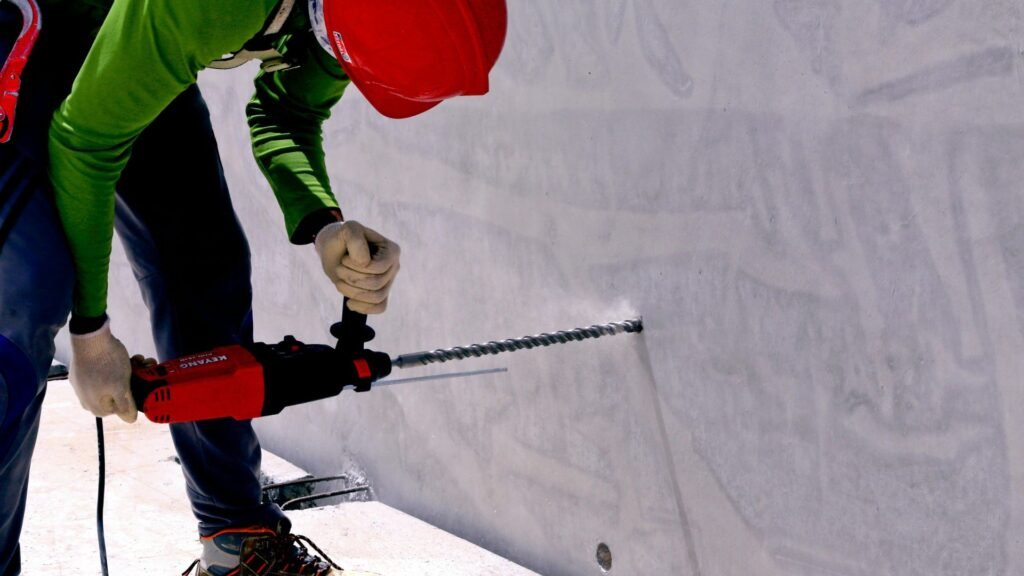Welcome to our guide on concrete sawing cost in NZ, where we break down everything you need to know before starting your next project. Whether you’re planning to cut through a driveway, adjust a slab for plumbing, or remove part of a wall during renovations, understanding the costs involved is key. Concrete sawing is a common need for both homeowners and contractors, but prices can vary widely depending on the size of the job, the type of concrete, and the tools required. In this article, we’ll explore average costs across New Zealand, what factors influence pricing, and how you can make informed choices that balance quality and budget. By the end, you’ll have a clear idea of what to expect and how to approach your project with confidence.
Concrete sawing cost in NZ typically ranges from $50–$150 for small cuts, $200–$600 for medium jobs like driveways or patios, and $1,000+ for larger or complex projects. Prices vary based on concrete thickness, job size, location, and whether you hire professionals or use DIY equipment.
Table of Contents
What Is Concrete Sawing?
Concrete sawing is the process of cutting through hardened concrete with specialized equipment designed to create clean and precise cuts. Unlike standard cutting tools, concrete saws use blades that are built to handle dense surfaces and materials reinforced with steel. The purpose of sawing is to make adjustments, remove sections, or create openings without damaging the surrounding structure. This makes it an essential service for both residential and commercial projects across New Zealand.
Concrete sawing is needed in many everyday situations: driveways that require expansion joints, concrete slabs that need to be cut for plumbing or electrical work, walls that must be modified to create new doors or windows, and floors that require adjustments during renovations. Whether it’s a small home project or a large-scale construction site, concrete sawing allows builders and homeowners to complete tasks with precision and safety.
The tools and techniques used depend on the job’s complexity. For lighter work, handheld saws are common because they provide mobility and flexibility in smaller spaces. Road saws, also known as floor saws, are larger machines suited for cutting thick slabs, pavements, and driveways. In most cases, blades are fitted with industrial diamonds to cut through both plain and reinforced concrete efficiently. The choice of equipment directly affects the time, accuracy, and cost of the job.
Understanding these basics also helps explain why costs vary so much. Cutting a thin slab in a backyard is very different from slicing through reinforced concrete in a multi-level building. Each job requires different tools, levels of skill, and safety precautions, all of which influence the overall price.
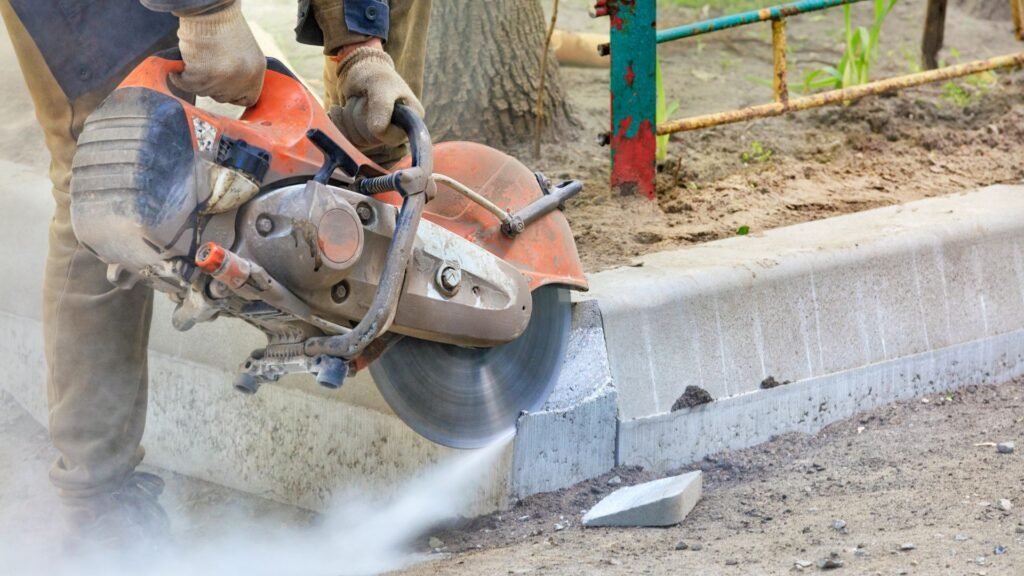
Average Concrete Sawing Cost In NZ
When planning a concrete cutting project, understanding the average cost is one of the first steps in budgeting effectively. In New Zealand, prices vary depending on the size of the job, the thickness of the concrete, and the service provider. Having a clear idea of these ranges helps homeowners and businesses avoid surprises when requesting quotes.
- Small jobs such as minor cuts under 1 metre generally cost between $50 and $150. These are usually straightforward tasks like trimming edges or making a single line cut through a thin slab. Although relatively affordable, the cost reflects both the operator’s time and the wear on specialized equipment.
- Medium jobs, which cover areas like driveways, patios, or cuts between 1 and 5 metres, often range from $200 to $600. These projects take longer, require heavier machinery, and usually involve reinforced concrete. This range is common for residential renovations where access is reasonable and the site is manageable.
- Large projects such as commercial floor cutting, thick slab removal, or road cutting can exceed $1,000. These tasks demand advanced machinery, multiple operators, and additional safety measures. Because of the scale and complexity, costs climb quickly, especially when reinforced concrete or tight deadlines are involved.
It’s important to remember that these figures are averages and may change depending on your location in New Zealand, the level of expertise offered by the company, and the specific requirements of your project. For example, concrete cutting in Auckland may cost more than in smaller towns due to higher labour rates and travel expenses.
A quick comparison with DIY highlights another factor worth considering. Hiring concrete saws can cost around $100 to $250 per day, but operating the equipment without experience may lead to uneven cuts, wasted time, or even safety hazards. While DIY may save money on small, simple jobs, professional services generally offer better precision, efficiency, and peace of mind.
By knowing these price ranges and weighing professional services against DIY, you can make informed decisions that balance cost, safety, and quality. Taking the time to get multiple quotes ensures you find a service that fits both your budget and your project needs.
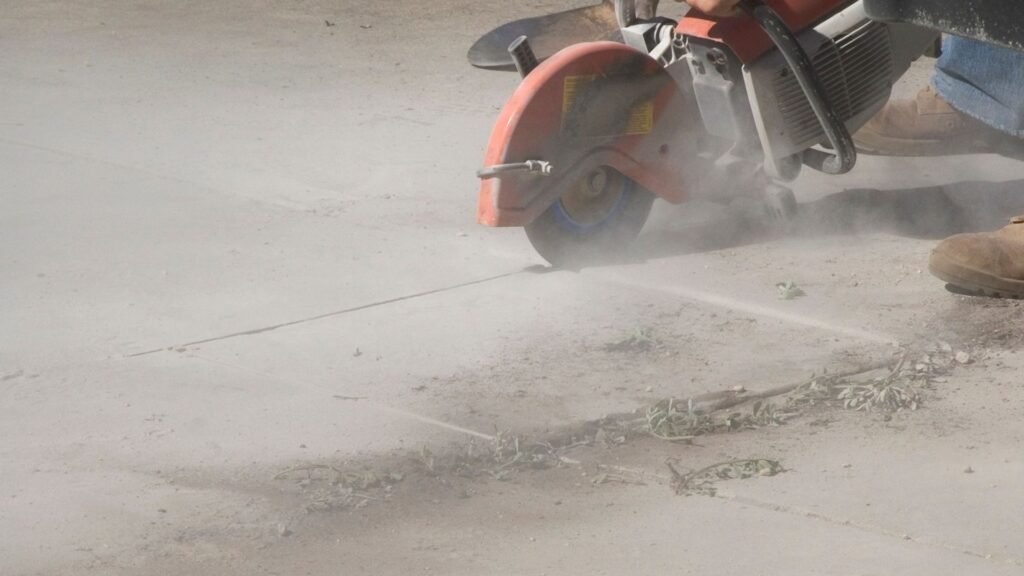
Factors That Influence Concrete Sawing Costs
When planning a concrete sawing project in New Zealand, it’s important to understand why costs can vary so much. Prices are rarely one-size-fits-all, as every job comes with unique challenges. Below are the main factors that influence how much you might pay for concrete sawing.
Type Of Concrete (Reinforced Vs Plain)
The type of concrete being cut is one of the biggest cost drivers. Plain concrete is generally easier and faster to saw, which means lower labour costs. Reinforced concrete, on the other hand, contains steel bars or mesh that make it much stronger and more difficult to cut through. Cutting reinforced concrete requires diamond-tipped blades and more time, which naturally increases the overall price of the job.
Thickness And Depth Of Cut
The thicker the slab or wall, the more effort and equipment power are needed. A shallow cut in a patio slab is straightforward and affordable, while deep cuts through a driveway or structural wall take more time and wear down blades faster. This added strain on tools and labour pushes costs upward.
Type Of Saw Used (Hand Saw, Road Saw, Wall Saw)
Not all saws are created equal, and the equipment chosen for the job directly affects pricing. Hand saws are best for smaller or lighter work, such as indoor flooring. Road saws, which are large and powerful, are often used for outdoor projects like driveways and pavements. Wall saws are designed for vertical cuts, such as openings in structural walls, and these usually come with higher costs due to the precision required.
Project Size And Complexity
Bigger projects with multiple cuts or custom requirements naturally cost more than smaller, simple tasks. Complexity plays a huge role as well. Straight, clean cuts are easier to complete compared to intricate shapes or jobs that require careful planning around pipes, wiring, or reinforcements.
Access And Site Conditions (Tight Spaces, Hard-To-Reach Areas)
Access to the job site can either reduce or increase costs. If the area is wide open and easy to work in, contractors can complete the job faster. But when cuts need to be made in tight corners, basements, or areas with limited mobility, the extra time and specialized equipment add to the bill. Obstacles such as heavy furniture, landscaping, or parked vehicles can also affect pricing.
Location In NZ (Auckland Vs Wellington Vs Smaller Towns)
Where you live in New Zealand makes a noticeable difference to your concrete sawing cost. In larger cities such as Auckland and Wellington, higher demand and operating costs often push prices up. Smaller towns may have lower rates, but the availability of specialized contractors can be limited, which sometimes offsets the savings.
Labour And Expertise (Licensed Operators, Safety Requirements)
Concrete sawing is not just about cutting—it also requires skill, safety training, and in many cases, proper licensing. Hiring experienced operators means you’re paying for their expertise, but it also ensures the job is done correctly and safely. Safety measures, such as dust control and protective gear, are also part of the final cost.
Waste Disposal And Clean-Up
After the cutting is complete, someone has to deal with the leftover concrete pieces, dust, and slurry. Some contractors include clean-up and disposal in their quote, while others charge separately. Proper disposal is essential to meet local council requirements, and this can add to your final bill.
By understanding these factors, you’ll be better prepared when requesting quotes and comparing services. Concrete sawing costs in NZ are influenced by more than just the cut itself, and knowing what drives pricing helps you make smarter decisions and avoid unexpected expenses.
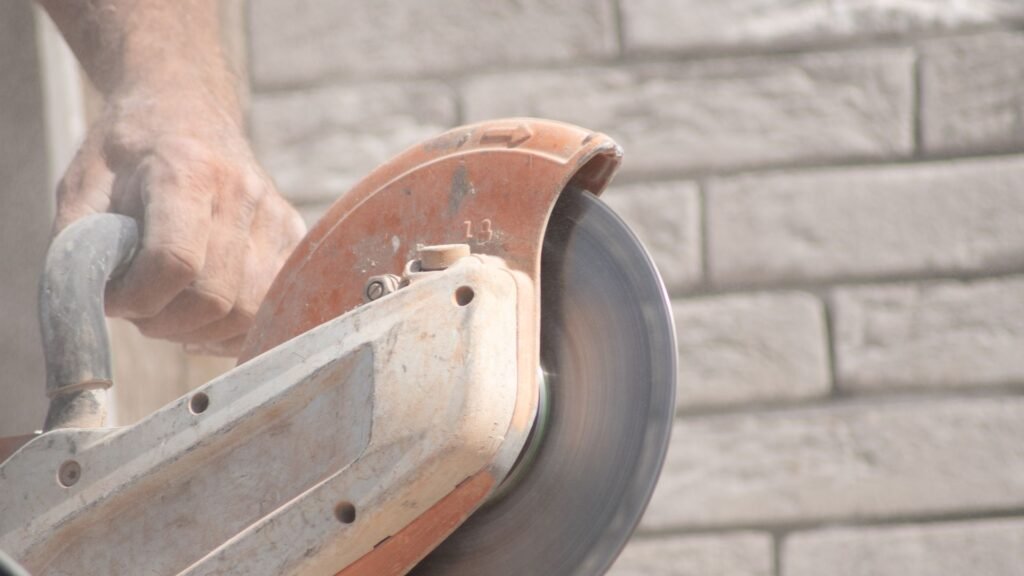
Cost Comparison: Professional Vs DIY
When it comes to concrete sawing, one of the biggest questions homeowners and property owners in New Zealand face is whether to hire a professional or take the DIY approach. Both options have their advantages and drawbacks, and the right choice often depends on the scale of the project, budget, and level of expertise.
- Hiring a professional: Choosing an experienced contractor usually means paying more upfront, but the benefits are clear. Professionals have the right tools, training, and safety knowledge to ensure clean, accurate cuts. This reduces the risk of mistakes that can cost more to fix later. They also handle the setup, cutting, and waste disposal, which saves time and effort. For jobs involving reinforced concrete, structural walls, or large driveways, professional help is almost always the smarter choice.
- DIY with hire tools: If you’re considering doing it yourself, concrete saw hire is available in New Zealand, usually ranging from $100 to $250 per day. On paper, this seems cheaper than hiring a contractor, especially for small or simple cuts. But there are hidden costs to think about, such as protective gear, disposal fees, and the risk of damaging nearby structures. More importantly, concrete sawing equipment can be dangerous if handled incorrectly, which raises safety concerns for beginners.
- When it makes sense to DIY: Smaller projects like trimming a garden path or cutting a single small slab may be manageable with hired equipment, provided you have the confidence and proper safety gear.
- When it makes sense to call the pros: For projects requiring precision, speed, or structural safety, hiring a professional saves time, reduces risks, and ensures compliance with local regulations.
While DIY can be tempting for cost savings, concrete sawing often rewards those who invest in professional expertise. Think carefully about the scale of your project before deciding which path is right for you.
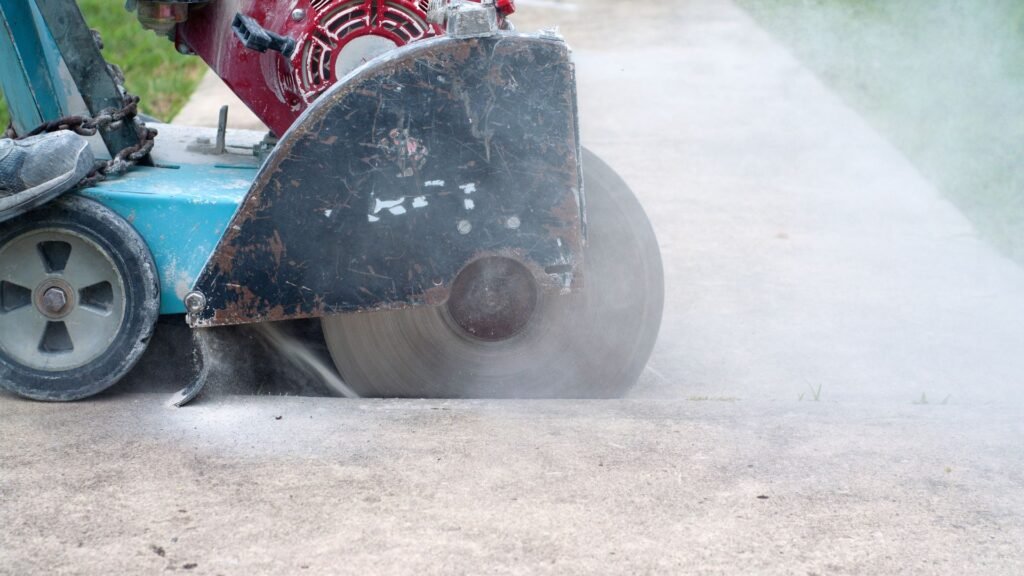
How To Choose The Right Concrete Cutting Service In NZ
When planning a project that involves cutting through concrete, choosing the right service provider can make a big difference in both cost and quality. Concrete cutting is a specialised task that requires skill, precision, and the right equipment. If you select a contractor without proper experience or safety standards, you risk delays, hidden costs, and even damage to your property. Here are some key steps to help you make the best decision:
Check Experience And Certifications
Start by looking at how long the company has been operating and whether its team holds the proper certifications. A contractor with years of experience will usually have worked on a wide range of projects, from small residential driveways to large commercial slabs. Certifications and training show that the operator follows industry standards and understands how to safely handle advanced cutting tools.
Ask For A Clear Quote
Always request a detailed quote before committing. A professional concrete cutting service should provide a breakdown of costs that includes labour, equipment, travel, and waste disposal. Avoid companies that give vague or overly simple estimates, as this can lead to unexpected fees later. Transparent pricing is one of the best signs of a reliable service.
Look For Reviews Or Local Recommendations
Customer reviews can give you a clear idea of what to expect. Online platforms like Google Reviews or trade directories often highlight both strengths and weaknesses of a business. If possible, ask for recommendations from neighbours, family, or local contractors who have used similar services. Real feedback can help you avoid poor workmanship and ensure you’re hiring someone trusted in your community.
Compare At Least 2–3 Providers
Don’t settle for the first quote you receive. Comparing two or three providers allows you to see a range of prices, services, and timeframes. While the cheapest option may look attractive, it’s important to weigh cost against reliability and experience. A slightly higher price can often save you from expensive mistakes later.
Importance Of Safety And Insurance Coverage
Concrete cutting involves powerful tools and potential hazards such as dust, noise, and flying debris. This makes safety protocols essential. A professional company should have strict safety measures in place and provide protective gear when needed. Insurance coverage is equally important, as it protects you from liability if an accident occurs on-site. Always confirm that your contractor carries the proper insurance before work begins.
Choosing the right concrete cutting service in NZ is not just about finding the lowest price. It’s about making sure the work is done safely, efficiently, and to a high standard. By checking experience, requesting clear quotes, and reviewing customer feedback, you can feel confident that your project will be handled with care and professionalism.
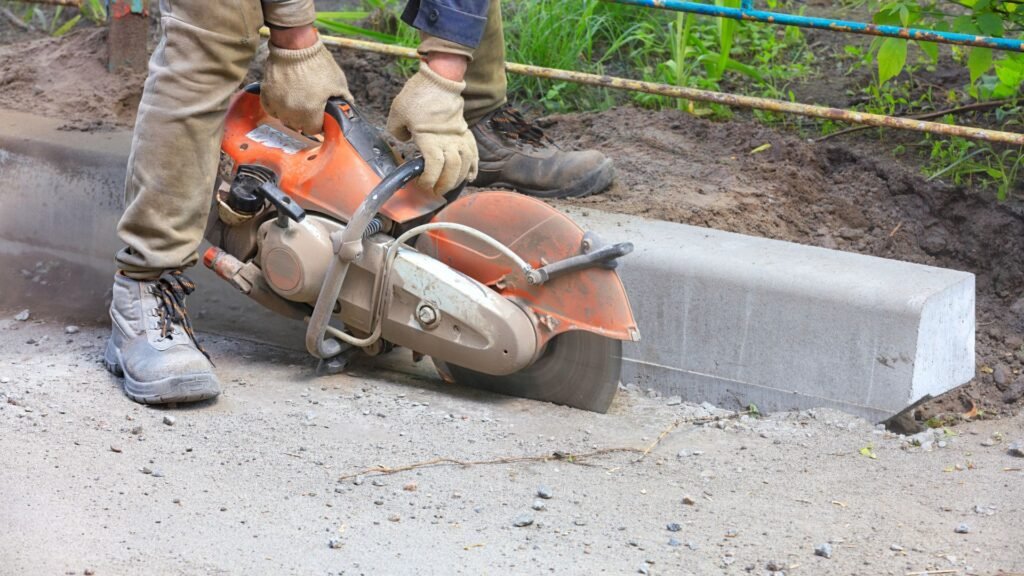
Money-Saving Tips Without Compromising Quality
When it comes to concrete sawing in New Zealand, many homeowners and property managers want to cut costs without sacrificing quality. The good news is that with a few smart strategies, you can save money while still ensuring the work is completed safely and to a high standard. Below are practical tips that can make a real difference to your final bill.
- Combine multiple cuts into one job: If you know you will need several cuts around your property, try to schedule them at the same time. Contractors often provide better rates when they can complete multiple tasks in a single visit, as this reduces both labour and equipment costs.
- Prepare the site beforehand (clear access): One of the easiest ways to reduce costs is by making the worksite accessible before the contractor arrives. Clearing vehicles, furniture, or debris can save time and ensure the crew can start cutting immediately. The less time they spend preparing the site, the lower your labour costs may be.
- Get fixed-price quotes: Always ask for a fixed-price quote rather than an estimate. This prevents unexpected charges and gives you a clear idea of the total cost before work begins. A detailed written quote also helps you compare providers fairly and avoids hidden fees.
- Ask if off-peak discounts are available: Some concrete cutting companies in NZ offer reduced rates during less busy times, such as weekdays or non-peak seasons. It’s worth asking about off-peak discounts, especially if your project is flexible and doesn’t require urgent scheduling.
- Work with local providers to avoid travel fees: Choosing a nearby contractor is another effective way to save money. Many companies charge travel or call-out fees, which can add up quickly. Local providers not only save you these additional charges but are often more responsive if follow-up work is required.
By applying these simple tips, you can keep your concrete sawing project within budget while maintaining professional standards. Taking the time to plan ahead and choose wisely ensures that you receive both value for money and quality workmanship.
Ready to get started on your project? Visit our homepage to connect with trusted concrete sawing experts in NZ and request a free, no-obligation quote today.
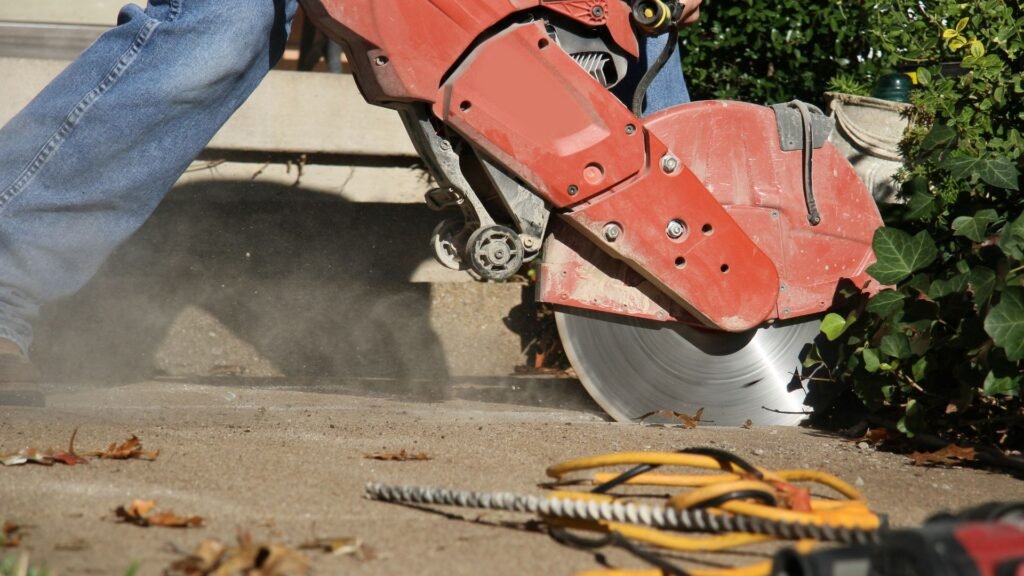
FAQs: About Concrete Sawing Cost In NZ
How much does concrete sawing cost in NZ?
Concrete sawing in New Zealand generally ranges from $50–$150 for small cuts, $200–$600 for medium jobs like driveways or patios, and $1,000 or more for larger or complex projects. The final price depends on factors such as thickness, access, and job complexity.
What factors affect concrete sawing costs?
Key factors include the type of concrete (reinforced or plain), slab thickness, the depth of the cut, job size, access to the site, disposal requirements, and your location within NZ. Professional labour and safety compliance also add to the cost.
Is concrete sawing charged per metre?
Yes, many contractors in NZ charge by the metre. Rates usually vary depending on the thickness and whether the concrete is reinforced. Always request a breakdown in your quote so you know whether it’s per metre or a flat rate.
How long does it take to cut concrete?
Small cuts can be completed in under an hour, while larger jobs like driveways or structural work may take several hours or even a full day. Timing also depends on weather, access, and whether heavy machinery is needed.
Can I cut concrete myself to save money?
Yes, you can hire concrete saws in NZ for around $100–$250 per day. DIY may save money on small projects, but it carries risks like inaccurate cuts, equipment hazards, and damage to property. For larger or structural jobs, it’s best to hire professionals.
Do I need a permit to saw concrete in NZ?
Permits are not usually required for small residential cuts, but you may need council approval if the work involves structural changes, driveway alterations, or road access. Always check with your local council before starting.
What’s the difference between concrete sawing and concrete drilling?
Concrete sawing involves cutting through concrete surfaces such as slabs, walls, or floors. Drilling creates precise holes for pipes, wiring, or anchor points. Both are specialist jobs often done by the same contractors.
Does reinforced concrete cost more to cut?
Yes, reinforced concrete with steel rebar is harder to cut and requires diamond-tipped blades, which increases wear on tools and labour costs. Expect to pay more compared to plain concrete cuts.
How can I save money on concrete sawing?
Prepare the site in advance, combine multiple cuts into one job, and compare at least three quotes. Using a local contractor can also reduce travel fees. Always ask for fixed pricing to avoid unexpected add-ons.
How do I choose the right concrete cutting company in NZ?
Look for experienced contractors with good reviews, proper safety certifications, and insurance coverage. Ask for a detailed written quote and confirm whether disposal of concrete waste is included in the price.
Conclusion
Concrete sawing cost in NZ can vary widely, with small cuts starting around $50 to $150, medium jobs like driveways or patios ranging from $200 to $600, and larger or more complex projects reaching $1,000 or more depending on the circumstances. The final price is shaped by several factors such as the type of concrete, slab thickness, depth of cut, job size, site accessibility, and whether reinforced materials are involved. When comparing options, it’s important to focus on value and quality rather than simply choosing the lowest price, as skilled professionals not only ensure safety but also deliver precise results that save money in the long run. Always request multiple quotes from local providers, review what is included in each estimate, and confirm that the contractor has the right experience and insurance. If you’re planning a project, start by reaching out to a trusted local provider for a no-obligation quote and take the first step toward a successful outcome.

